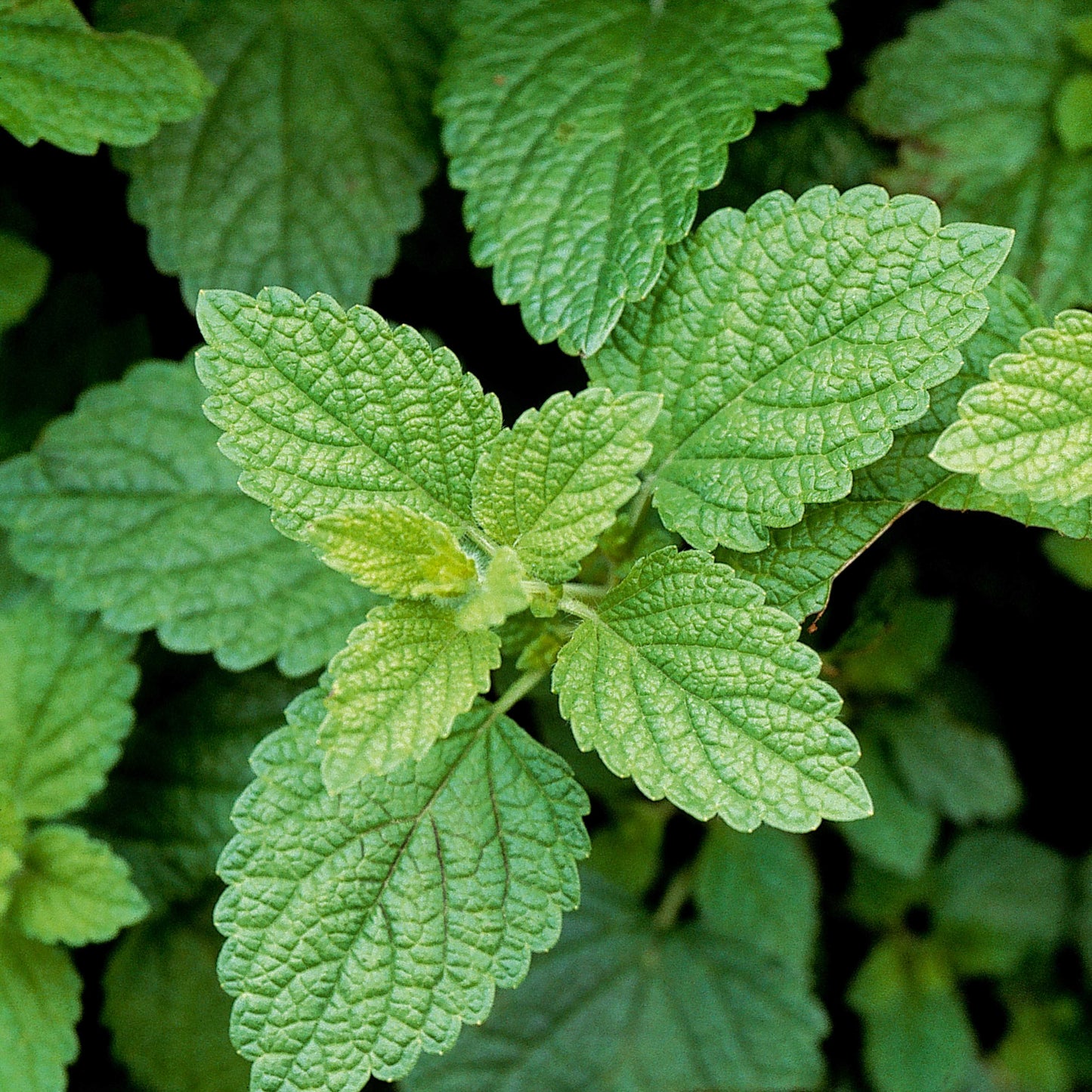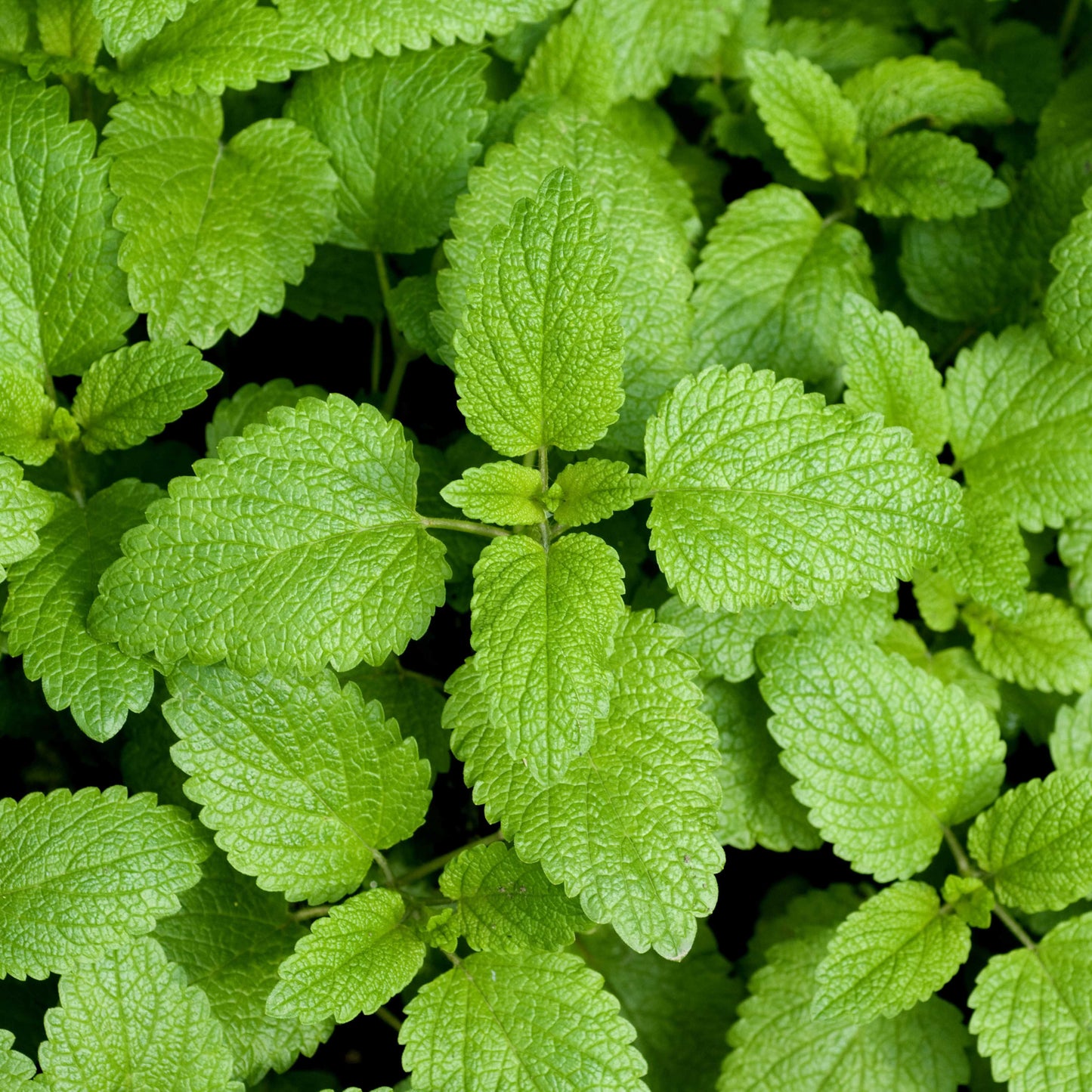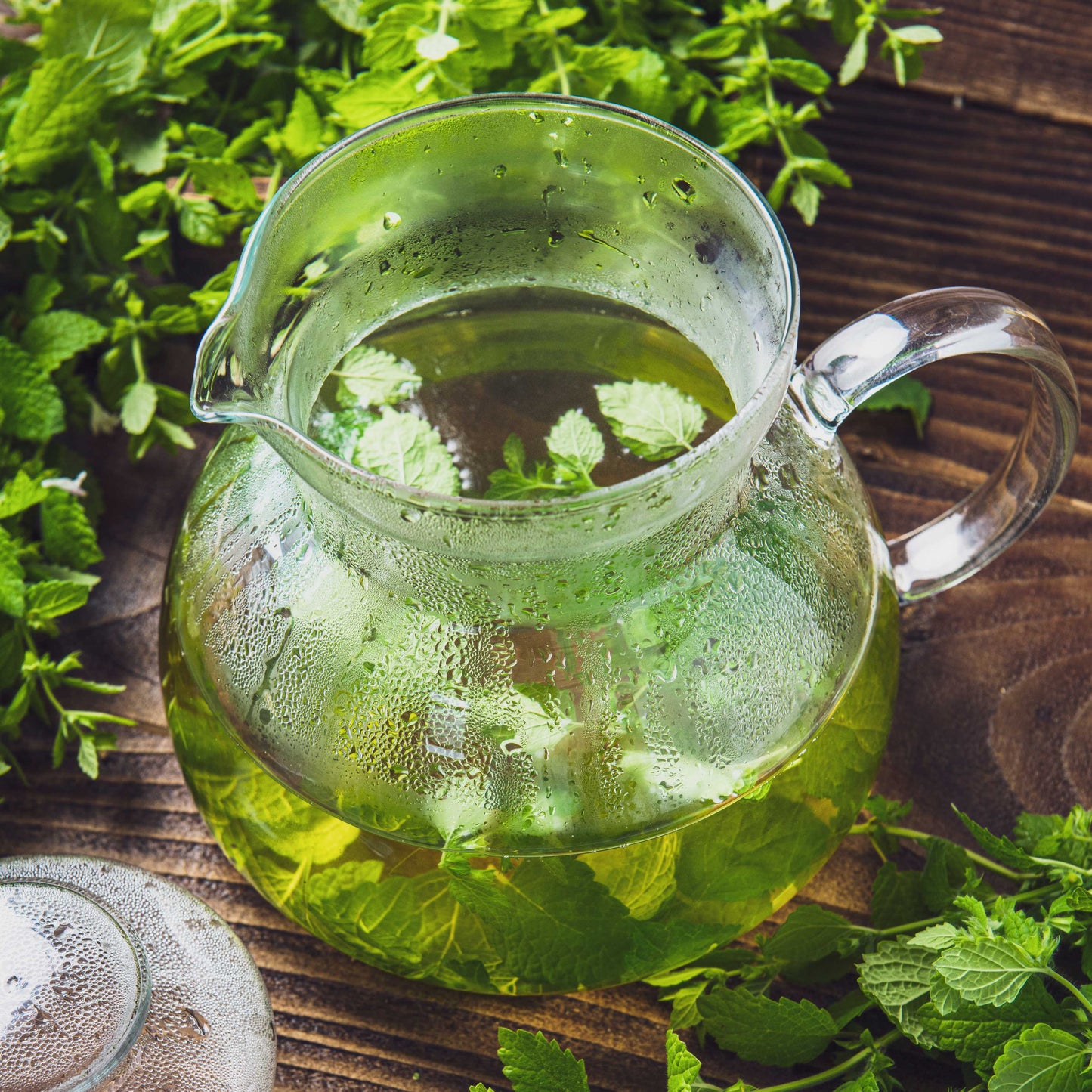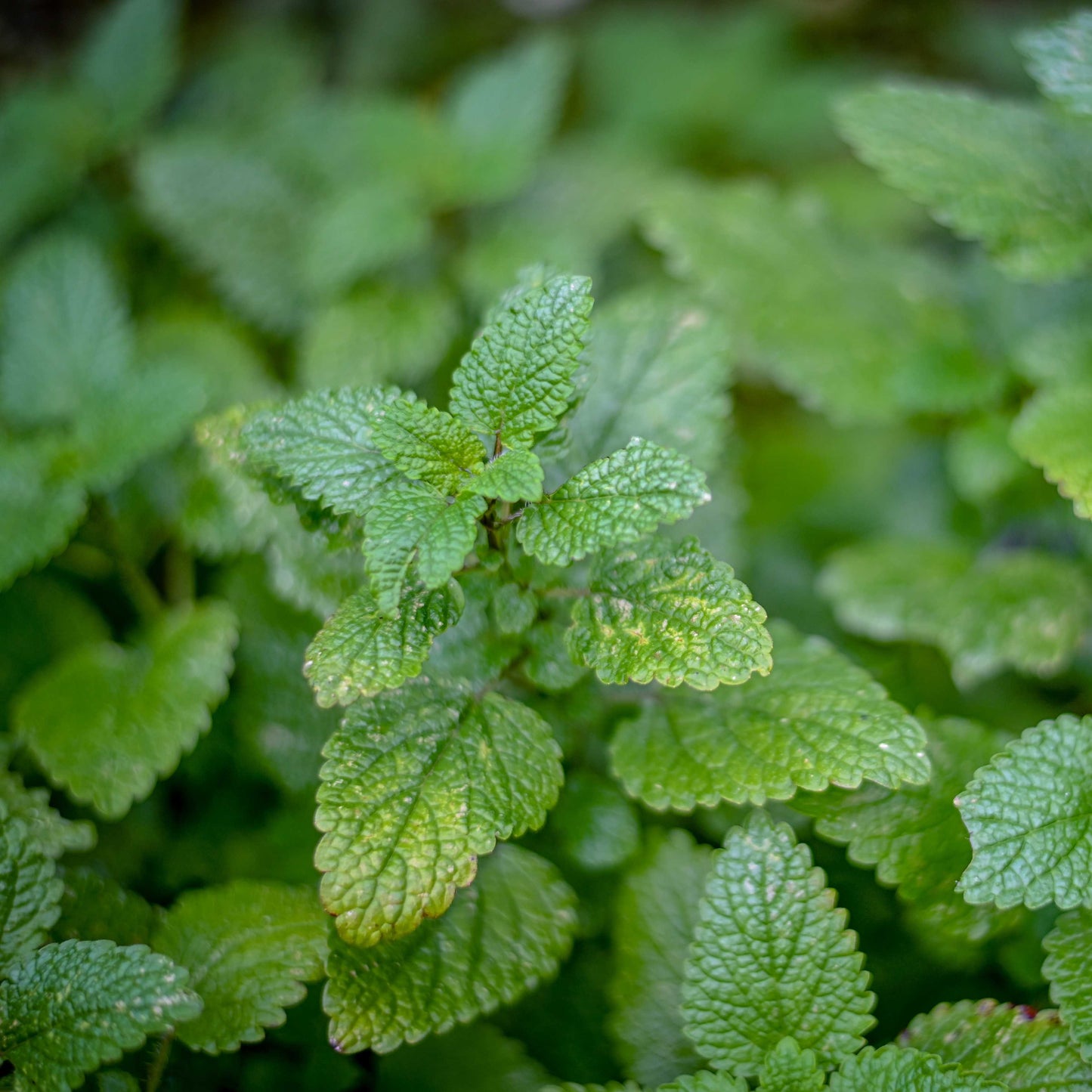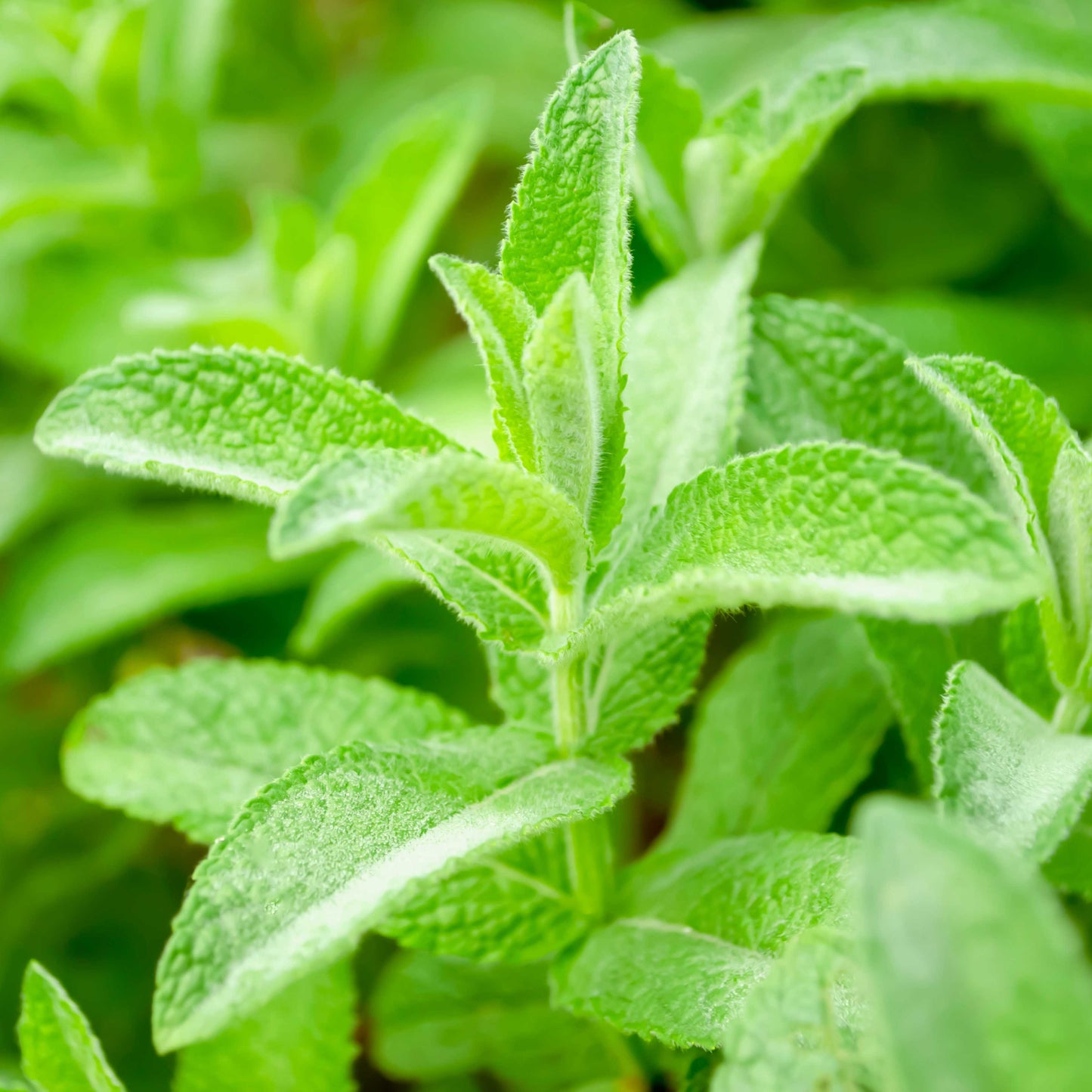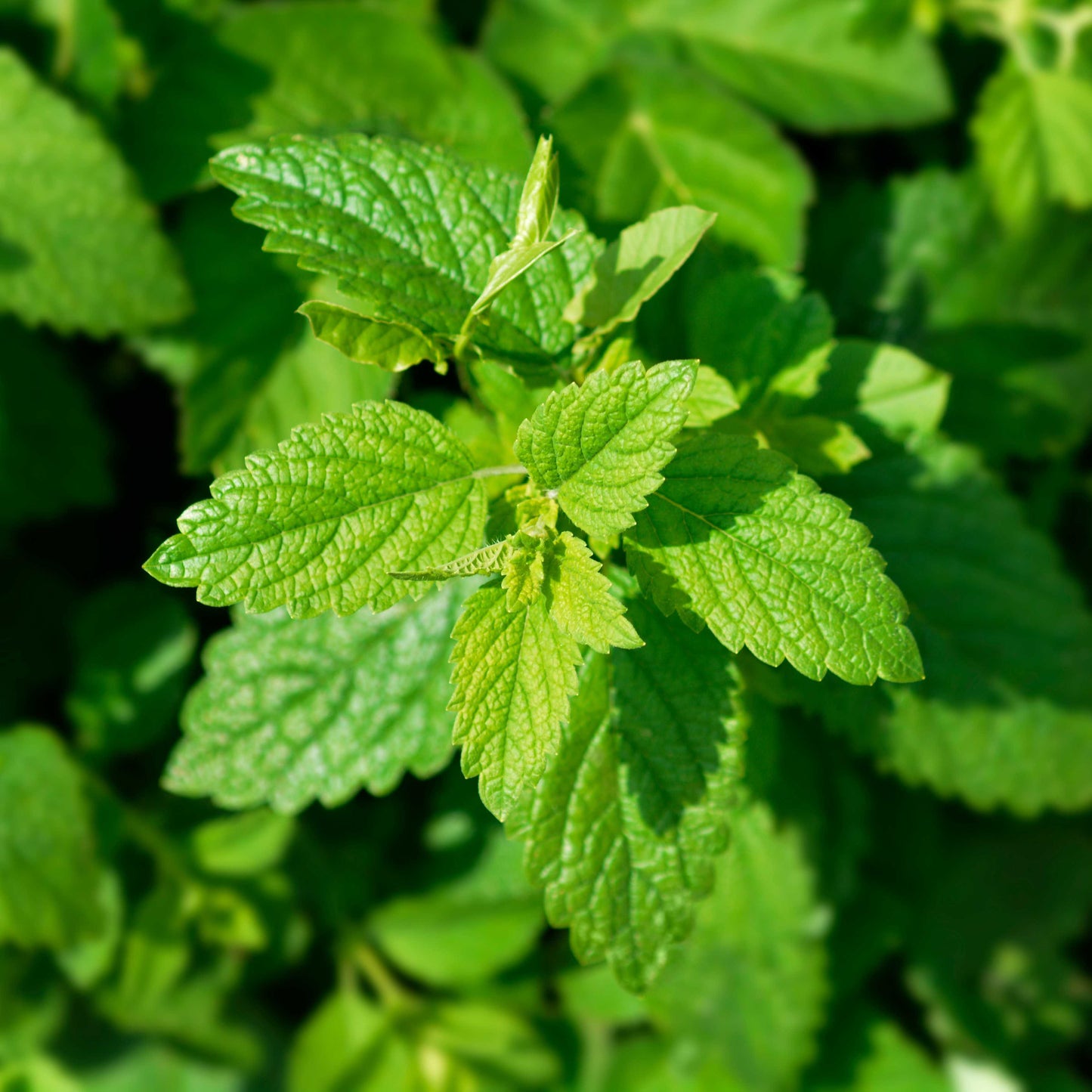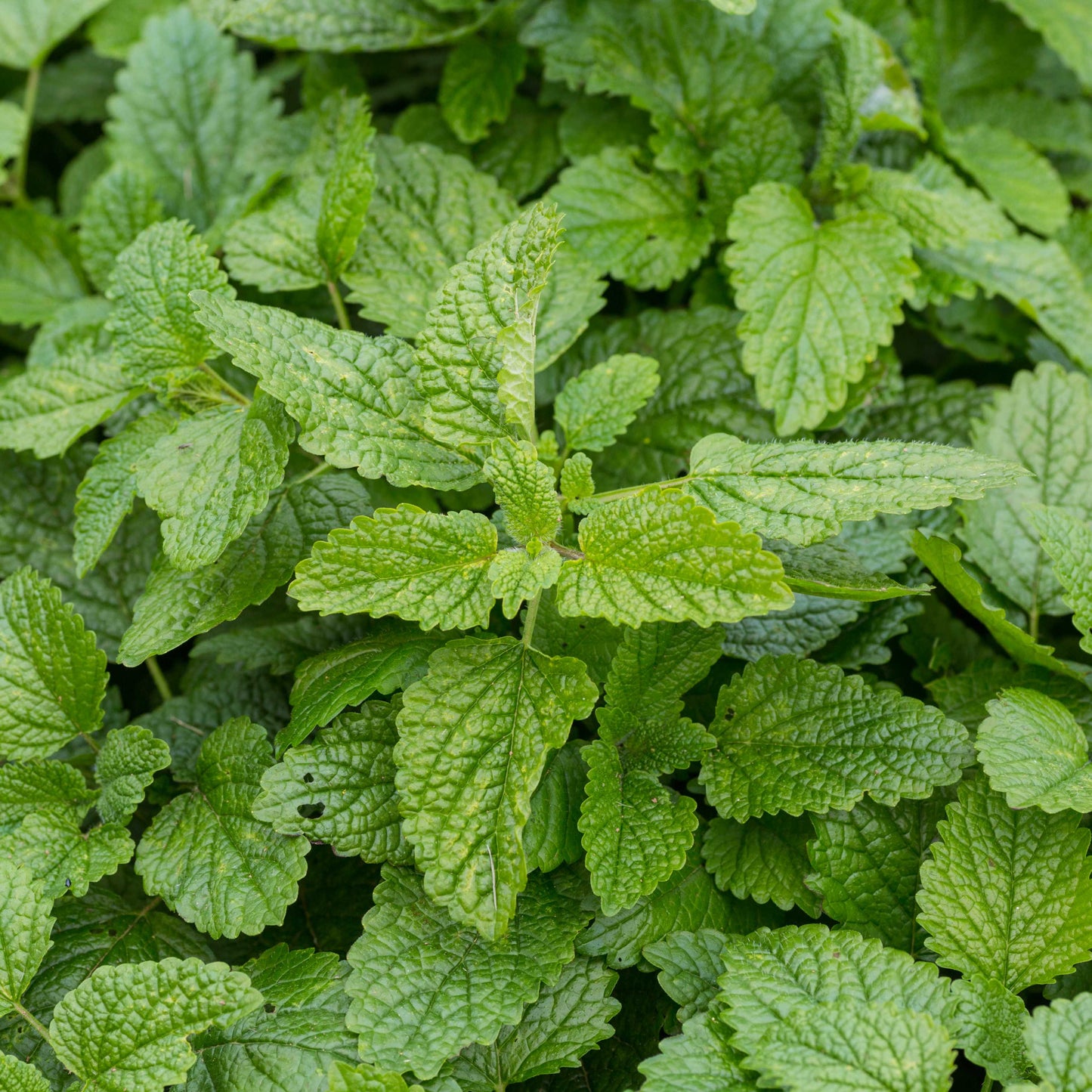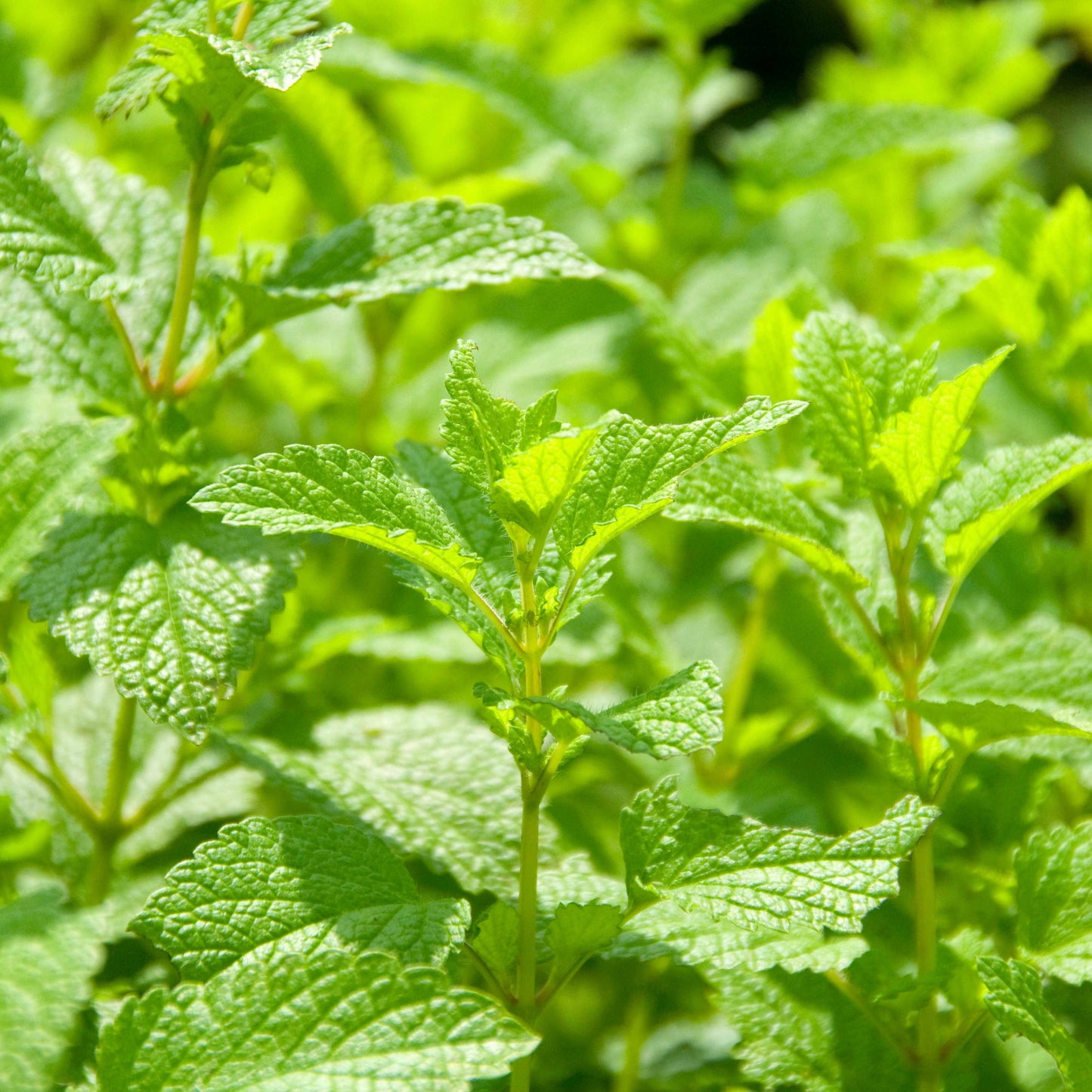We clean up after ourselves.
Ecommerce deliveries have a carbon footprint. That's why we support verified projects that remove carbon from the air.



Every delivery’s carbon footprint is calculated based on weight, shipping method, and distance traveled. We neutralize these emissions by purchasing verified carbon removal credits from groundbreaking projects.



With your purchase, you’ll join a community of proactive merchants and customers dedicated to a sustainable future. Together, we've removed emissions for over 72 million deliveries and removed over 51 thousand tonnes of carbon.

We work with a network of pioneering carbon removal companies that have been vetted by the commerce platform Shopify.

Passion For Plantation
100pcs Lemon Balm Seeds (Melissa officinalis)
100pcs Lemon Balm Seeds (Melissa officinalis)
Couldn't load pickup availability
Enhance your garden and your culinary repertoire with the fresh, citrusy aroma of Lemon Balm (Melissa officinalis) seeds. Known for its soothing scent and versatile uses, Lemon Balm is a delightful herb that adds both beauty and functionality to any garden. Perfect for herbal teas, cooking, and natural remedies, this hardy perennial is a must-have for herb enthusiasts and gardeners alike.
Features
- Premium Quality Seeds: Each pack contains high-quality Lemon Balm seeds, carefully selected to ensure excellent germination rates and robust plant growth.
- Refreshing Aroma: Lemon Balm is celebrated for its refreshing, lemony fragrance that can uplift any garden space.
- Culinary Versatility: Use Lemon Balm leaves in teas, salads, marinades, and desserts to add a citrusy flavor.
- Medicinal Benefits: Traditionally used for its calming and soothing properties, Lemon Balm is a valuable addition to your herbal medicine cabinet.
- Hardy Perennial: Suitable for a variety of climates, Lemon Balm is a hardy perennial that can thrive for many years with proper care.
Benefits
- Aesthetic Appeal: The lush, green foliage and delicate, white or yellow flowers of Lemon Balm add a touch of elegance to any garden.
- Aromatic Delight: Enjoy the fresh, lemony scent that Lemon Balm brings, enhancing the ambiance of your garden and home.
- Culinary and Medicinal Uses: Harvest fresh Lemon Balm leaves for a variety of culinary dishes and natural remedies.
- Easy to Grow: Lemon Balm is low-maintenance and suitable for both novice and experienced gardeners.
- Pollinator Friendly: The flowers attract bees and other beneficial pollinators, supporting a healthy garden ecosystem.
Planting Instructions
- Timing: Start seeds indoors 6-8 weeks before the last frost date or sow directly outdoors in spring after the last frost.
- Soil Preparation: Choose well-draining soil with good organic content. Lemon Balm prefers slightly acidic to neutral soil pH.
- Sowing Depth: Scatter seeds on the soil surface and lightly press them into the soil without covering, as Lemon Balm seeds need light to germinate. Keep the soil consistently moist until germination.
- Sunlight: Provide full sun to partial shade. Lemon Balm thrives in bright, sunny locations but can tolerate some shade.
- Spacing: Space plants about 12-18 inches apart to allow for proper air circulation and growth.
Growing and Care
- Watering: Water regularly, keeping the soil evenly moist but not waterlogged. Lemon Balm is drought-tolerant once established but benefits from consistent moisture.
- Fertilization: Generally, Lemon Balm does not require heavy fertilization. A light application of compost or a balanced fertilizer in the spring can support growth.
- Pruning: Regularly trim the plant to encourage bushier growth and prevent it from becoming leggy. Remove any flowering stems if you prefer to keep harvesting leaves.
- Pest and Disease Management: Lemon Balm is relatively pest-resistant but can occasionally be affected by aphids or spider mites. Use organic pest control methods if necessary.
Harvesting
- Timing: Harvest leaves throughout the growing season, starting when the plant is established and has enough foliage to sustain growth.
- Method: Use scissors or pruning shears to cut leaves or stems, taking care not to remove more than one-third of the plant at a time.

